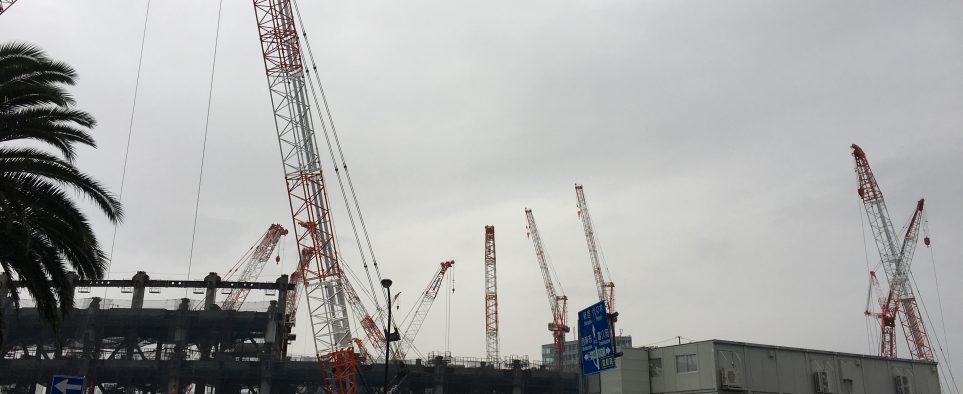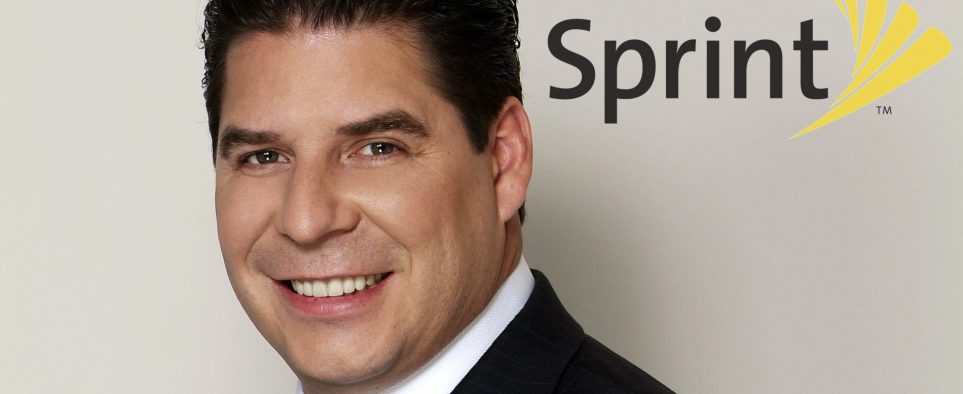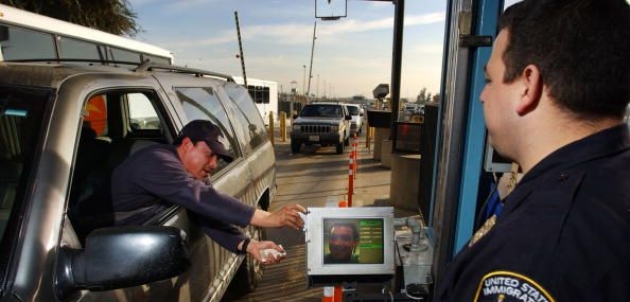Forced evictions, bacteria-laced waters, corrupt contracts – the Rio Olympics caught plenty of flak for human rights risks. Though I won’t claim it ranks as popular literature, there’s now a substantial body of research exploring how the Olympic Games impact human rights. Sochi is renowned for environmental degradation and damage to local water sources. Vancouver was slammed for gentrifying poor neighborhoods and leaving the city’s poorest destitute and indigent. Each new Olympic Games carries new human rights perils and criticism.
However, there has been very little attention to human rights risks for Tokyo’s 2020 Olympics. Japan has no military that could carry out violent evictions. Its homeless population is estimated at roughly 6,000 nationwide, generating little fear that Olympic construction will exacerbate poverty. Japan’s waste management systems are among the world’s most efficient – incinerated waste is being used to create a habitable island in Tokyo Bay at present.
In theory, Tokyo 2020 could be the most human rights-respectful Olympic Games in modern history. In its sustainable sourcing code, respect for human rights is directly incorporated into contracting, sourcing and supply chains.
But, on closer inspection, there are some major risks. Over a third of Japan’s population is over 60 – too old to work in construction, manufacturing, security and most other jobs related to Olympics preparation. While Japan has no military, it has a pervasive police force, with private security companies responsible for providing video surveillance across the Olympic zone. Japan’s low homelessness rates conceal a poverty problem cloaked by high rates of inter-generational home sharing and fueled by a growing rate of unstable employment. A 2015 survey found that 40% of the nation’s workforce holds “irregular” work, meaning employers do not need to supply access to health care, pensions or full salaries. Opaque business dealings in Japan create a climate where corporations wield little influence over the labor conditions of their subcontractors.
All of these realities create human rights risks in the lead-up to the Olympics. The matter of labor conditions is perhaps the most pressing. A 2015 government report found that 30% of construction workers are over age 50, while less than 10% are under 30. Finding few viable legal and rights-respectful options for filling their employee ranks, firms have resorted to demanding excessive overtime hours and hiring foreign workers through questionable loopholes in Japan’s immigration law.
Excessive hours:
In March, a 23-year-old construction manager committed suicide after logging 212 hours of overtime the previous month. Tokyo recently revised the law to restrict overtime to 100 hours per month, but Construction is exempted from the overtime limits. Families can file insurance claims for “death by overwork” if their loved ones commit suicide after working more than 80 hours of overtime in a month. Last summer 37 Olympic construction firms violated that threshold. The companies face no penalties, and they have not been publicly named.
Exploitation of migrants:
Those were just the firms documenting and paying overtime hours. A spate of recent investigations have found firms turning to foreign, imported labor to fill stopgaps in manufacturing and construction supply chains. Reuters found that Subaru Forresters, for example, were being built by asylum seekers from Myanmar, Nepal, Turkey, India, Indonesia and Pakistan. Reuters also interviewed Kurdish asylum seekers in 2016, who were working both on government public works projects and at private construction sites.
Separately, Japan also has a “Technical Intern Training Program”, which was originally designed as a skills-transfer program for workers from developing countries but is now used to fill unskilled jobs. The “Trainee” program is exploitive in its own right. Workers are not permitted to change jobs or companies, they often pay over $10,000 to recruiters, who garnish their wages and misrepresent their job prospects, and dismiss them if they become sick or injured, leaving them indebted both to medical facilities and to labor brokers.
There are now one million foreign workers in Japan, and while companies are legally required to pay them Japanese minimum wage rates, business owners have found work-arounds. For example, asylum seekers are not registered as employees, and thus can be paid less. “Trainees” can see up to a third of their wages garnished by the brokers that recruit them from their home countries. Some workers come on student visas, professing to be studying Japanese.
These laborers are vulnerable, and it will be extremely difficult for Olympic contractors to guarantee that such workers are not among their ranks. Instead, perhaps they should focus on reporting transparently on the demographics of their workforce and the opportunities for integrating these foreigners into Japanese society.






